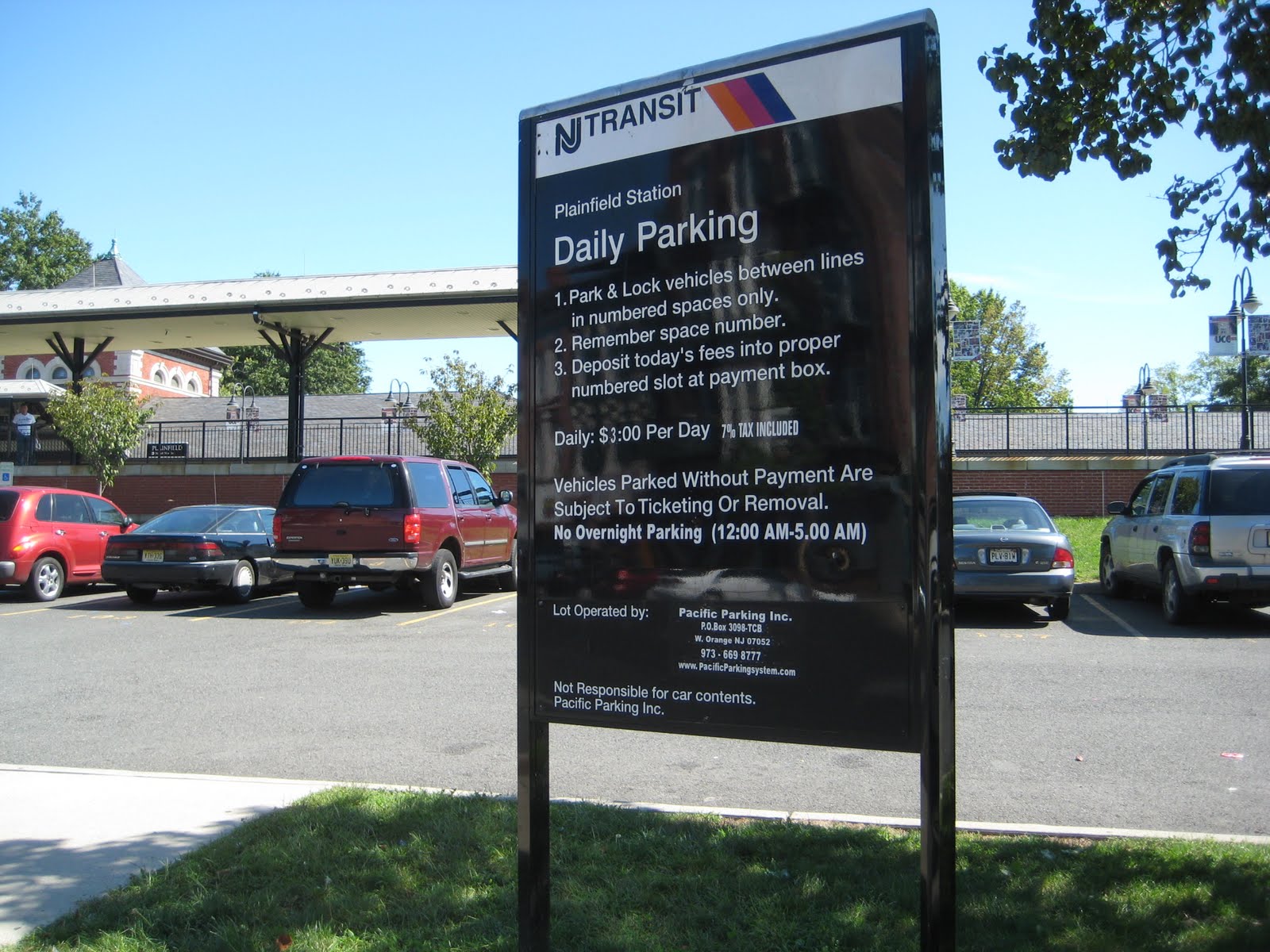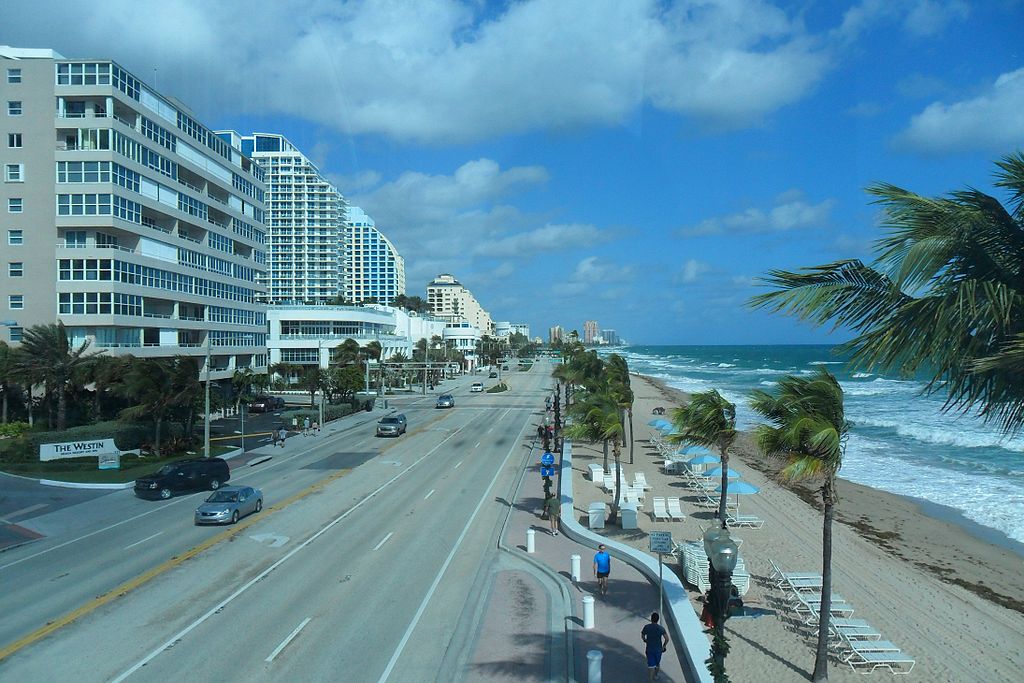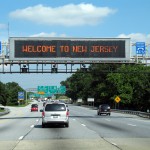New Jersey Future Blog
Smart Conservation and Density
August 10th, 2004 by Chris Sturm
- A growing number of municipalities are permanently preserving open land at little or no public cost by steering the growth they want into more dense developments, and placing restrictive covenants that prohibit development on surrounding open lands.
- Upper Freehold Township in Monmouth County rewards landowners who enter 75 percent of their acreage into the Farmland Preservation Program by increasing the number of buildable lots on the remaining portion by 100 percent. The resulting development density is double what it otherwise would have been, but only one quarter of the site is developed.
- Plainsboro Township in Mercer County has preserved 45 percent of its land by both land purchase and regulation, including special zoning that allows development rights to be transferred between non-contiguous properties, as long as 75 percent or more of the total area is preserved as open space.
- Chesterfield Township in Burlington County is poised to preserve all of its remaining farmland by transferring development rights from the farmland to a pedestrian friendly village under its Transfer of Development Rights (TDR) program.
SMART CONSERVATION: THE GREEN SIDE OF SMART GROWTH
Sharply rising land prices require communities that want to conserve open space to develop a more comprehensive strategy than simply buying land alone.
Smart Conservation offers municipalities a tested and powerful approach to land conservation that integrates planning and regulation with spending on open space and infrastructure.
Smart Conservation is already being implemented in innovative communities like those listed above, and in others like Eastampton in Burlington County. There the township has preserved 30 percent of its land by a combination of strategic efforts focused on open space and farmland preservation, business development and investment in neighborhoods and parks.
Towns that want to deploy Smart Conservation will:
- Start with a master plan, based on research, that identifies areas for growth and for conservation, to protect natural resources and farmland;
- Regulate aggressively and effectively to implement the master plan vision;
- Focus land acquisition funds on critical properties through strategic purchases; and
- Leverage conservation efforts by coordinating with other levels of government and private organizations.
Smart Conservation offers municipalities a way to step out of the “race for open space” and increase their control of the community’s future.
















